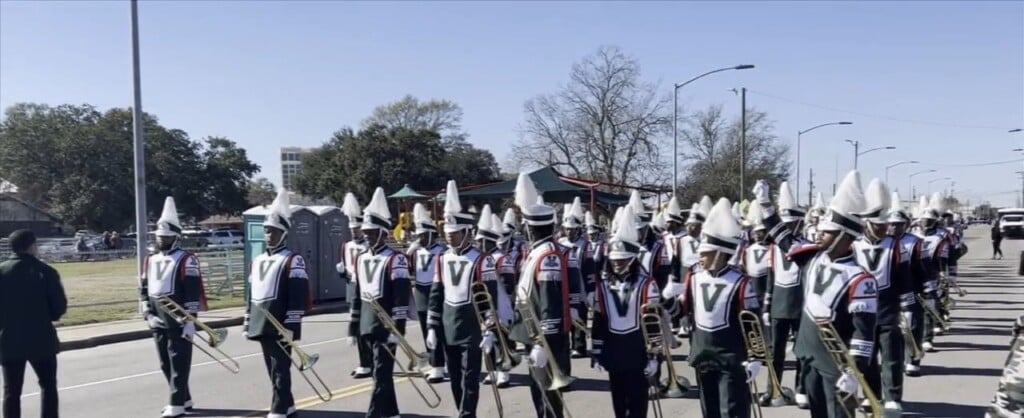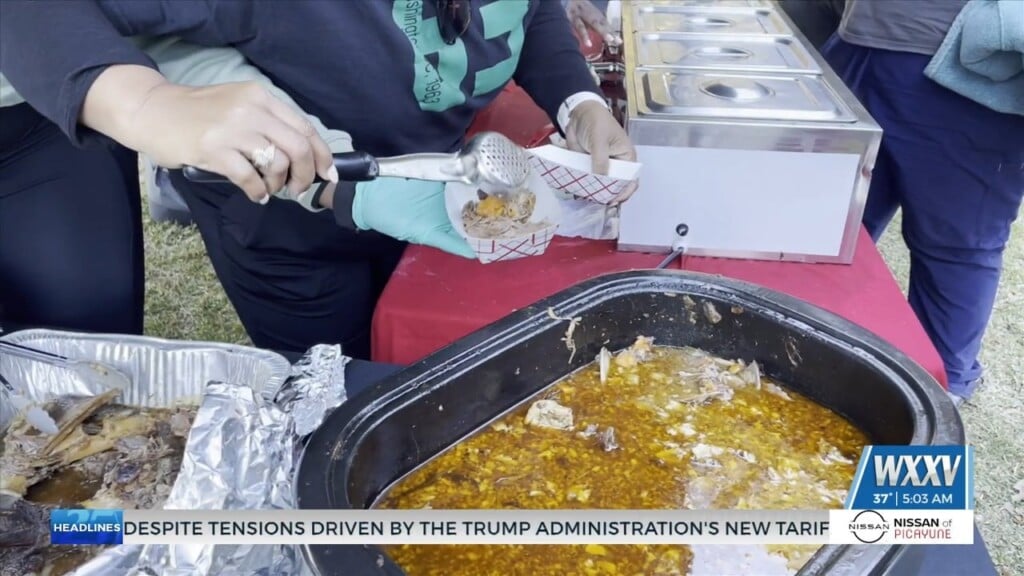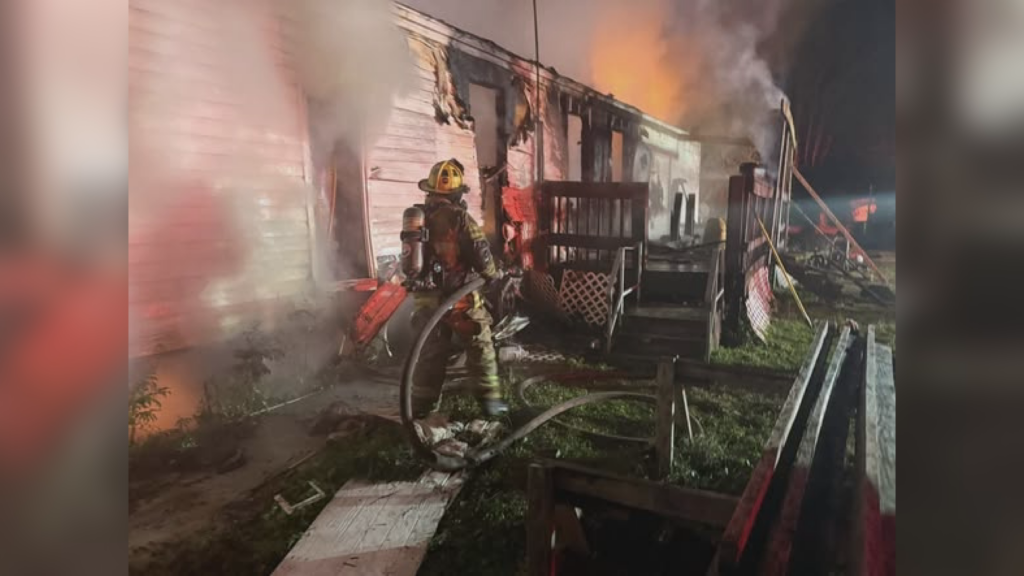Nebraska Supreme Court rules convicted felons who served their sentences can vote
By
The Nebraska Supreme Court ruled that convicted felons who served their sentences are allowed to vote, after the state’s top election official sought to keep them from casting ballots ahead of the Nov. 5 election.
Nebraska has historically restored the voting rights of former felons two years after they completed the terms of their sentences. Earlier this year, state legislators voted on a bipartisan basis to eliminate the two-year waiting period. Nebraska Attorney General Mike Hilgers later argued that only the state’s board of pardons could restore voting rights, and Nebraska Secretary of State Robert Evnen ordered local registrars to stop letting all people with previous felony convictions vote, arguing the laws enfranchising them were unconstitutional.
On Wednesday, the Nebraska’s top court disagreed, writing that state officials had not convinced them the law, known as L.B. 20, was unconstitutional.
“The Secretary is ordered to remove any disqualification on registration he has imposed that is not contained within L.B. 20 and to comply in all respects with the provisions of L.B. 20,” the state’s high court wrote in an order.
Nebraskans with felony convictions now have a short window to register to vote. The deadline to register online is Oct. 18, while the in-person deadline is Oct. 25.
While Nebraska is solidly Republican state, it awards an electoral vote to the winner of each of its congressional districts. Democrats are looking to keep the Omaha-based 2nd District in their column this November.
Forty-eight states ban people with at least some people with current or previous felony convictions from voting, affecting approximately 4 million Americans, according to the Sentencing Project.
In Mississippi, You permanently lose the right to vote if you are convicted of one of 23 barred crimes. You can’t vote while incarcerated, while on probation, or while on parole. Your right to vote can only be restored by the governor or through a bill passed by both houses of the state Legislature.
The barred crimes you can lose the right to vote for include: voter fraud, murder, rape, bribery, theft, arson, obtaining money or goods under false pretense, perjury, forgery, embezzlement, bigamy, armed robbery, extortion, felony bad check, felony shoplifting, larceny, receiving stolen property, robbery, timber larceny, unlawful taking of a motor vehicle, statutory rape, carjacking or larceny under lease or rental agreement.
If a Mississippian is unsure if a conviction falls within one of these categories, call or have a friend or family member call 1-866-OUR-VOTE for more information.



